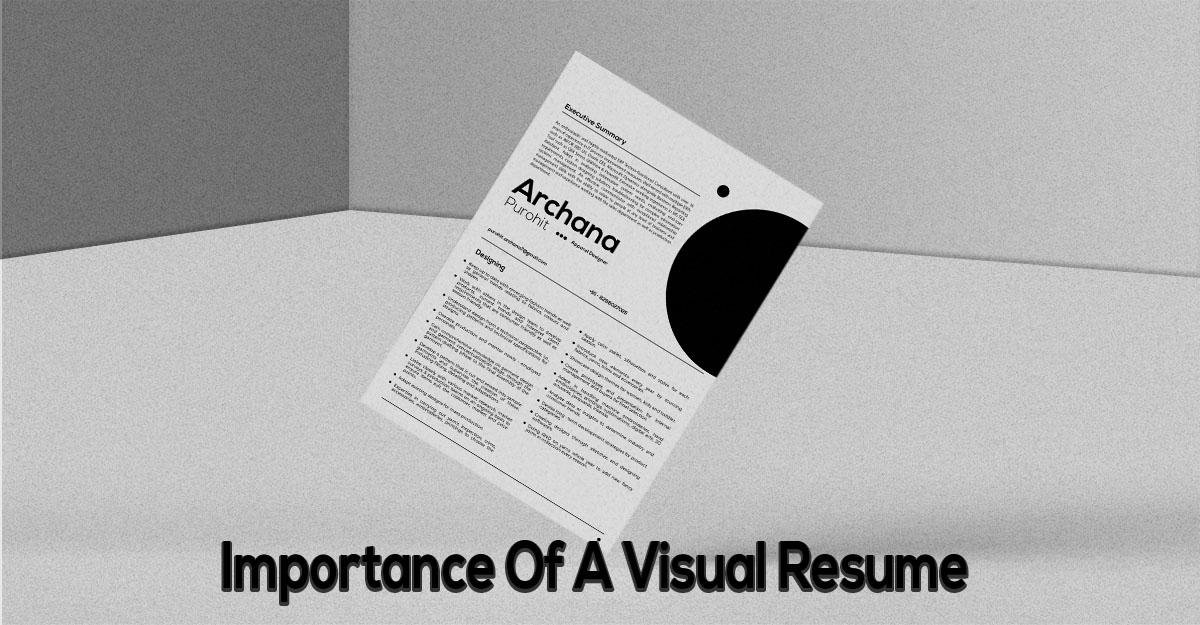The Role of Self-Reflection in Career Planning: Assessing Your Professional Goals

In the ever-evolving landscape of career development, individuals often find themselves navigating a labyrinth of choices and opportunities. Whether you're a seasoned professional or just starting on your career journey, the role of self-reflection cannot be overstated in effective career planning. It serves as the compass guiding you towards your professional aspirations, helping you assess your goals, strengths, and areas for growth. In this article, we delve into the significance of self-reflection in career planning and how it can shape your path towards success.
Understanding the Essence of Self-Reflection
Self-reflection is the process of examining one's thoughts, feelings, and experiences to gain insight and understanding. When applied to career planning, it involves introspection and evaluation of your professional journey, including past achievements, challenges, and future aspirations. This introspective process allows you to identify your core values, interests, and skills, laying the foundation for informed decision-making in your career.
Assessing Your Professional Goals
Central to effective career planning is a clear understanding of your professional goals. Self-reflection enables you to define and refine these goals by evaluating what truly matters to you in your career. Take the time to ponder upon questions such as:
- What are my long-term career aspirations?
- What specific skills and experiences do I want to acquire?
- What industries or sectors align with my interests and values?
- How do I envision success in my career?
By critically analyzing these aspects, you gain clarity on your objectives, enabling you to set realistic and achievable goals that resonate with your aspirations.
Identifying Strengths and Areas for Development
Self-reflection also entails an honest assessment of your strengths and weaknesses. Recognizing your strengths allows you to leverage them effectively in your career, positioning yourself for success in roles that align with your abilities. Conversely, identifying areas for development empowers you to seek opportunities for growth, whether through further education, training, or skill enhancement.
Engage in activities such as SWOT (Strengths, Weaknesses, Opportunities, Threats) analysis to gain a comprehensive understanding of your professional profile. This self-awareness not only informs your career decisions but also enhances your confidence and resilience in navigating challenges along your career path.
Aligning Actions with Intentions
Self-reflection serves as a compass guiding your actions in alignment with your career intentions. By regularly evaluating your progress and recalibrating your course when necessary, you ensure that your efforts are directed towards achieving your goals. This intentional approach to career planning fosters a sense of purpose and fulfillment, driving you towards success in your chosen endeavors.
Embracing Adaptability and Resilience
In today's dynamic job market, adaptability and resilience are indispensable qualities for career success. Self-reflection cultivates these attributes by fostering a growth mindset and a willingness to embrace change. Through introspection, you learn to navigate setbacks and challenges with resilience, viewing them as opportunities for learning and growth rather than obstacles.
Conclusion: Empower Your Career Journey with Self-Reflection
In conclusion, self-reflection is a powerful tool in career planning, enabling individuals to assess their professional goals, strengths, and areas for development. By engaging in introspection and evaluation, you gain clarity on your aspirations and align your actions with your career intentions. Embracing adaptability and resilience, you navigate the complexities of the job market with confidence and purpose.









